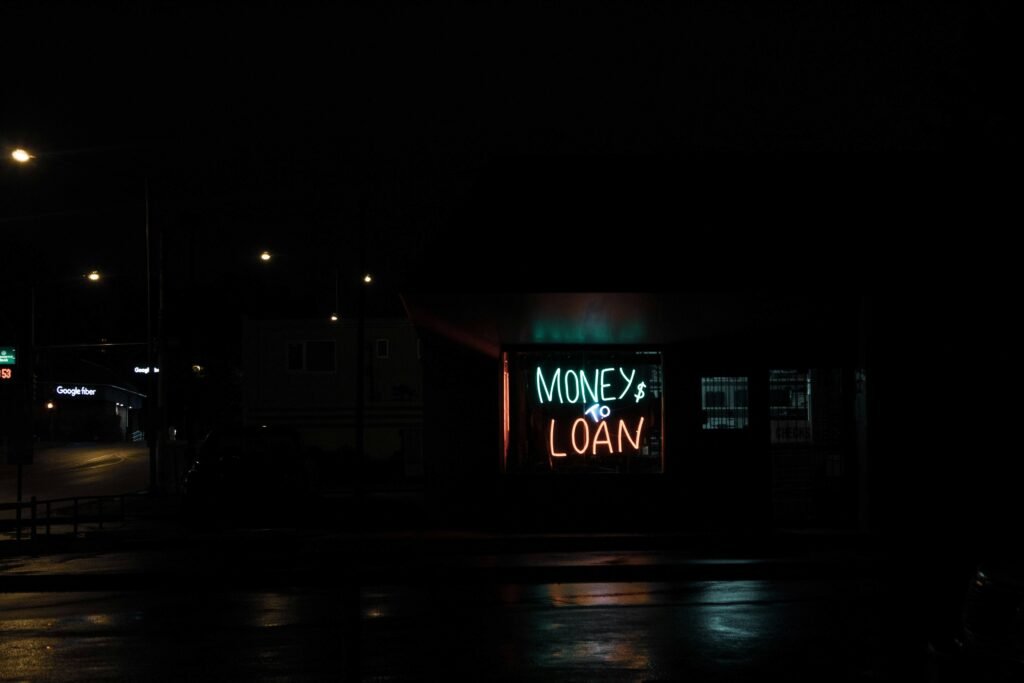 When someone has bad credit, borrowing money can feel like trying to walk through mud; each step is harder. Lenders often want a guarantor, someone who promises to pay if you fail. But some bad credit lenders no guarantor exist. They offer loans without needing someone else to take responsibility. That freedom has both good and bad sides.
When someone has bad credit, borrowing money can feel like trying to walk through mud; each step is harder. Lenders often want a guarantor, someone who promises to pay if you fail. But some bad credit lenders no guarantor exist. They offer loans without needing someone else to take responsibility. That freedom has both good and bad sides.
In this article, we explore how those lenders work, what benefits they offer, and what dangers you must watch out for. By the end, you’ll know if such a loan is right for your situation.
How “No Guarantor” Loans with Bad Credit Work
A no guarantor loan means you apply by yourself, without a co-signer. The lender looks only at your income, expenses, and credit history. If you show you can repay the loan, they may approve.
Because lenders see more risk in you (bad credit, no backup), they often offer smaller amounts and charge higher interest. According to CreditSpring, in some cases, they run soft credit checks first to see your chances without hurting your credit score.
Also, these loans are usually unsecured; there is no property or asset on the line. If you default, the lender can’t immediately take your home, but they may pursue you legally or report the default.
Pros
1. Independence and Dignity
You don’t need to trouble a family member or friend to guarantee. You maintain privacy and don’t risk harming relationships.
2. Faster Decision & Application
Without needing to assess a guarantor, the application is simpler and quicker. You might get an answer in hours or a few days.
3. Building Credit if You Repay
If you repay on time, it can help your credit score. Showing reliable behaviour helps lenders trust you later. Some sites say a no guarantor loan, when managed well, can improve your credit.
4. More Accessible in Some Cases
Some lenders specialize in bad credit no guarantor lenders. They understand people with past financial issues and may give more flexibility.
Cons
1. Higher Interest Rates
Since the lender takes more risk, rates are usually much higher. A small loan might cost far more after interest.
2. Lower Loan Amounts
Because of your credit history, lenders may only offer a smaller sum. You might not get the full amount you need.
3. Stricter Approval Standards
They will look carefully at your income vs expenses. If your balance is tight, you may be denied even if you have a steady income.
4. Risk of Defaults & Fees
If you miss payments, you face late fees, penalties, and a damaging mark on your credit file. Without a guarantor, you bear all the burden.
5. Legal or Collection Actions
If you default badly, lenders may take legal steps to recover money. That can lead to court, wage garnishment, or more stress.
6. Scams & Illicit Lenders
Some “no guarantor, no credit check” offers are traps. Many are unlicensed or fraudulent. Always check that the lender is regulated.
Who Might Use These Loans
These lenders are usually sought by:
- People who cannot find a guarantor
- Those who have had credit problems (late payments, defaults)
- People facing urgent costs (emergency repair, medical bill)
- Cases where saving up is not possible
But they are not for everyone. If your income is unstable, using such a loan may make trouble worse.
Tips to Improve Chances & Reduce Risk
- Provide proof of steady income (pay slips, contracts)
- Show regular payments of bills (rent, utilities)
- Apply for a smaller loan amount first
- Avoid applying to many lenders at once (credit checks stack up)
- Read all terms: fees, interest, late charges
- Use a regulated lender (check financial authority registration)
Also, as Ocean Finance notes, even people with bad credit can get no-guarantor loans if they show they can repay.
When It’s Not Wise
If your income is very low or already stretched with other debts, these loans can push you deeper into trouble. If your only option is a loan that barely lets you keep up, the best move may be to avoid borrowing until your financial footing is steadier.
If interest costs eat up your budget, it becomes like trying to run uphill in heavy boots. It drains you.
Also, if you have alternatives, such as small loans from credit unions, borrowing from trusted people with written terms, those may be safer.
Real Observations & What People Say
- According to Experian UK, a key benefit is that you avoid dragging someone else into your debt problem by using a guarantor.
- Some cases say lenders demand very tight evidence of income, and loan offers come with a “representative APR” that can mislead.
- Debt consolidation sites often warn that no guarantor loans are used to merge many debts, but the interest may be higher, so savings might not be significant.
Should You Use a Bad Credit No Guarantor Lender?
It depends. If you need money urgently, have a stable income to repay, and have no better option, then it might make sense. But treat it as a last resort, not a regular tool.
Think of it like using your emergency flashlight in a blackout: useful when needed, but you don’t want to rely on it daily.
Make a plan: Can you repay in full? Can you afford all costs? Are there safer, lower-cost alternatives?








